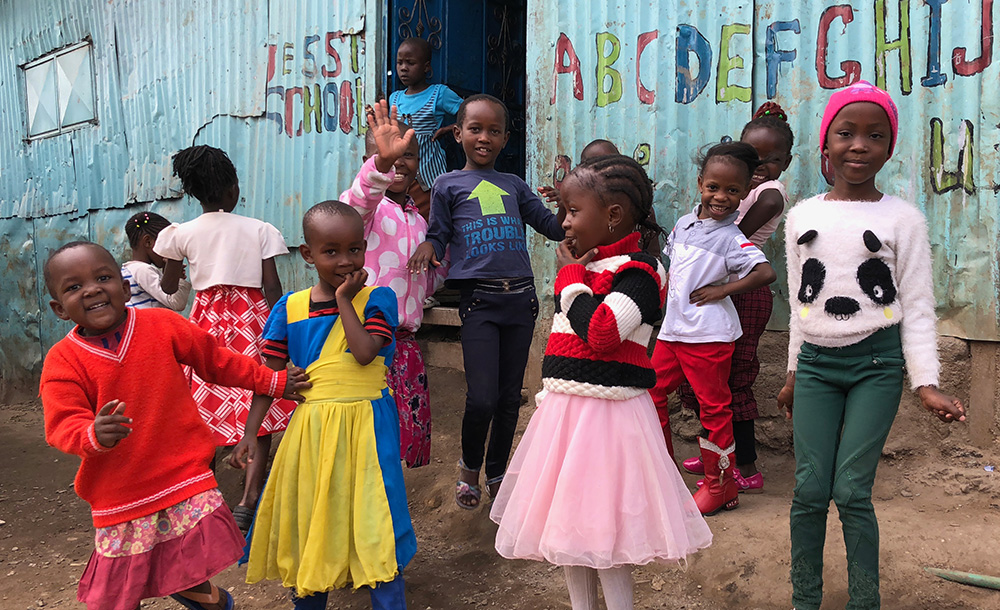
Kinship care (informal) is a private arrangement within an extended family whereby a child is looked after on a temporary or long-term basis by his/her maternal or paternal extended family, without it being ordered by an administrative or judicial authority. Family members include grandparents, aunts, uncles and older siblings
Kinship Care (formal) is an arrangement, ordered by an external administrative or judicial authority, whereby a child is looked after on a temporary or long-term basis by his/her maternal or paternal extended family. Approval is therefore required where a child is transitioning from any other form of alternative care into formal kinship care as well as to facilitate connection with support services.
Kinship care is the most frequently used form of alternative care in Kenya.
- Children who qualify
Where a child is unable to live with their biological parent/s for any reason, they are eligible for kinship care. Kinship care should therefore be prioritized over all other forms of alternative care.
- Who can qualify as a kinship carer?
Relatives and extended family members e.g. Grandparents, aunts, uncles, older cousins, older siblings, step-parents, etc.
- Key considerations under kinship care
It is important to gather in-depth information on the prospective kinship family’s structure and dynamics, circumstances, strengths and needs (health, education, income, child protection issues), and views around caring for the child. This process determines the family’s willingness and ability to provide care and protection to the child.
The involvement of the child in the process is paramount, and his/her views/preferences must be explored and considered before a final decision is made.
